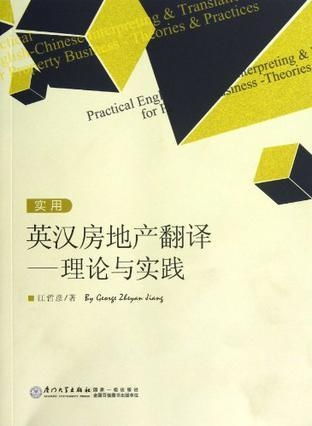房产之家用英语怎么说(房产英语翻译)
- 房产
- 2025-07-20
- 201
"Navigating the Real Estate Market: How to Speak the Language of Homeowners"
In the bustling world of real estate, understanding the terminology and concepts is crucial for both buyers and sellers. One such term that is essential for anyone involved in the housing market is "房产之家用英语怎么说" or "How to Say 'Homeowner' in English." This article delves into the nuances of this term, its importance in the real estate context, and how it shapes the dynamics of property transactions.
Understanding "Homeowner" in English
The English term "homeowner" refers to an individual or a family that owns a house or a property. It is a term that encapsulates the pride, responsibility, and investment that comes with property ownership. When discussing real estate, "homeowner" is often used to differentiate between those who rent and those who have made the significant financial commitment to purchase a property.
The Importance of "Homeowner" in Real Estate Transactions
In the realm of real estate, the term "homeowner" plays a pivotal role in several ways:
Legal Distinction: Legally, the distinction between a homeowner and a renter is significant. Homeowners have rights and responsibilities that are different from those of renters, including property taxes, home maintenance, and the ability to make structural changes.

Financial Investment: Homeownership is often seen as a long-term financial investment. The term "homeowner" implies a level of commitment and financial stability that can influence the terms of a real estate transaction.
Market Dynamics: The term "homeowner" is also used to describe the segment of the real estate market. Understanding the demographics and preferences of homeowners can help real estate professionals tailor their services and marketing strategies.
Communicating as a Homeowner
When engaging in real estate transactions, whether as a buyer, seller, or professional, it's important to use the term "homeowner" correctly. Here are a few tips:
Professionalism: Use the term "homeowner" when addressing individuals who have purchased a property. It shows respect for their investment and commitment.
Contextual Usage: The term is most appropriate in formal contexts, such as real estate contracts, legal documents, and business communications. In casual conversations, it can be replaced with more colloquial terms like "property owner" or "householder."
Cultural Sensitivity: Be mindful of cultural differences in property ownership. In some regions, the concept of homeownership may not be as prevalent, and terms like "landlord" or "tenant" might be more commonly used.
The Evolution of Homeownership
The concept of "homeowner" has evolved over time. Historically, homeownership was a privilege reserved for the wealthy. However, over the 20th century, it became more accessible to the general population, thanks to government policies, mortgages, and changes in the economy.
Today, homeownership is seen as a cornerstone of the American Dream, symbolizing stability, independence, and wealth accumulation. The term "homeowner" carries with it a sense of achievement and responsibility.
Conclusion
In the intricate world of real estate, the term "homeowner" is more than just a label; it represents a significant life milestone and a critical component of the housing market. Whether you are navigating the market as a buyer, seller, or professional, understanding the term "homeowner" and its implications can help you make informed decisions and communicate effectively. So, the next time you find yourself in a real estate conversation, remember that "homeowner" is not just a word; it's a testament to the journey of property ownership.























